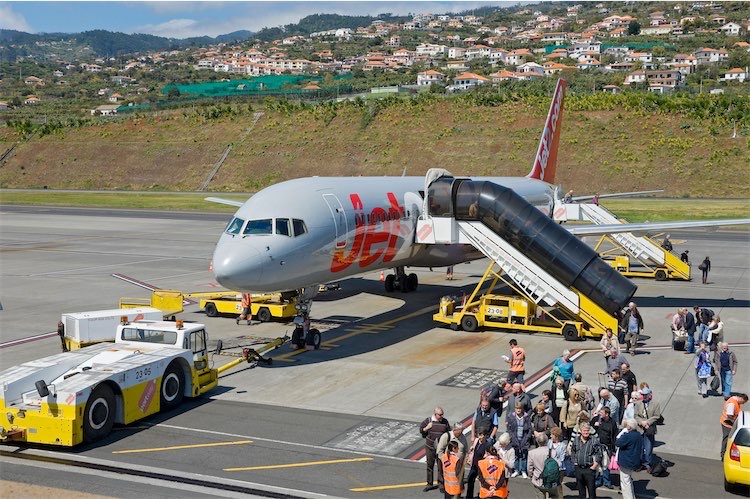Minister Hints At Waning Confidence In 21 June Easing As Government Takes “Safety First” Approach
Robert Jenrick said that the government was coming up to a "difficult decision point" (Alamy)
4 min read
Housing minister Robert Jenrick has insisted that the government is being “cautious” as it approaches the crucial decision on whether to go ahead with the final stage of lockdown lifting.
His comments come amid backlash to Thursday’s decision to move Portugal, the only European destination on the UK’s “green list” for travel, to the “amber list”, meaning holidaymakers must self-isolate upon their return.
Thursday also brought news that new Covid cases have reached their highest level since late March, with the Delta variant now dominant.
Speaking to BBC Radio 4’s Today programme, Jenrick struck a less optimistic tone than has been previously deployed by government this week, as certainty of this month's next stage of re-opening seemed to be dwindling.
“We're coming up to a difficult decision point, as to whether to go further on the 21June — and that's going to be an important moment for the country — I hope that people will see that taking a safety first approach, at this point, is the right thing to do,” he said.
Jenrick added that there were “some signals” in the data that threw the final stage of lockdown lifting into doubt, but insisted that “there's nothing at the moment that suggests that we won't be able to move forward”.
“You can see from the approach we've taken to international travel, as in other respects, that we're taking a cautious approach,” he continued.
“We've got a further 10 days until we are going to make that decision — on or around the 14 June.
“During that period we'll see: where are we with hospitalisations with death, where are we with the vaccine rollout... then at that point we'll make our final decision.”
The government is expected to announce a decision on the final easing of lockdown on 14 June, and Jenrick was keen to emphasise that despite this week's sharp uptick in new cases, and end to restrictions could still be possible.
"There's nothing today that would lead us to believe that we can't move forward with the 21 June reopening… You'll have to wait and see what call is taken in 10 days time,” he said.
Epidemiologist Professor Neil Ferguson, who has recently been confident that further lifting of restrictions would be possible, said the data is "pointing this week in a more negative direction than it was last week" on the 21 June unlocking.
"I think balancing, clearly, people's desire — and there clearly is a built-up desire to get back to normal — against the potential risk is a very difficult judgment call."
But he was more optimistic about the impact of the vaccine rollout, claiming it was having a “substantial effect” on the spread of variants of concern.  "It's important to say that most people being hospitalised at the moment with this variant, and with any Covid variant, are unvaccinated,” he said.
"It's important to say that most people being hospitalised at the moment with this variant, and with any Covid variant, are unvaccinated,” he said.
Yesterday saw the highest number of coronavirus cases in the UK since 26 March, with 5,274 new positive cases reported over the previous 24-hour period.
NHS data shows that there’s been 22% rise in the number of cases in the week up to 26 May.
Tracking by the King’s College London app shows the virus is advancing in all but three parts of the country, with one in 1,090 people in the UK currently suffering from a symptomatic coronavirus infection.
“The UK picture is changing quickly now. Cases are rising, but not nationwide, it’s very much a regional issue,” said Professor Tim Spector, who leads the King’s study.
“The North West of England and Scotland are the two regions with the highest prevalence, with rates higher than in some parts of Europe.
“However, the data highlights that the increase is happening in the younger age groups, suggesting the start of an epidemic in the young.”
